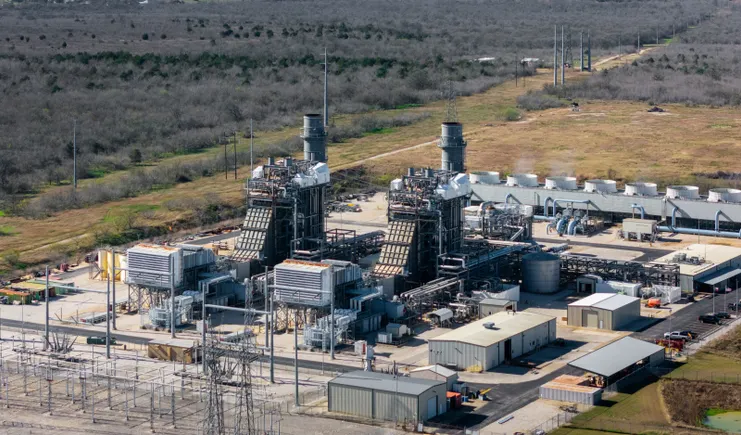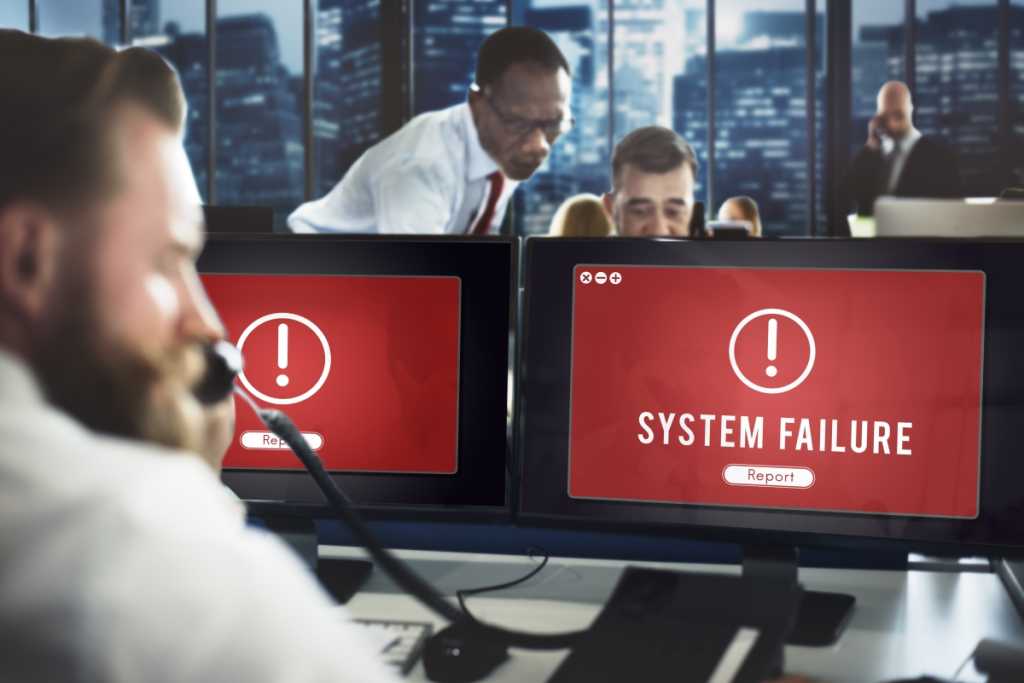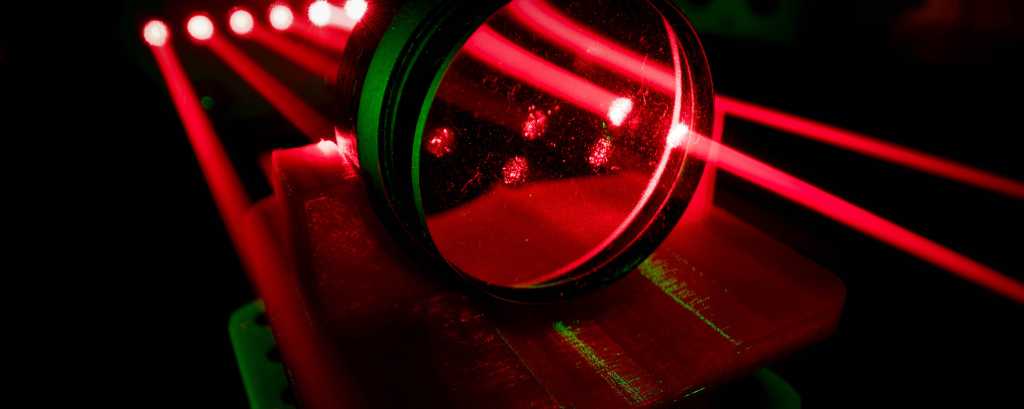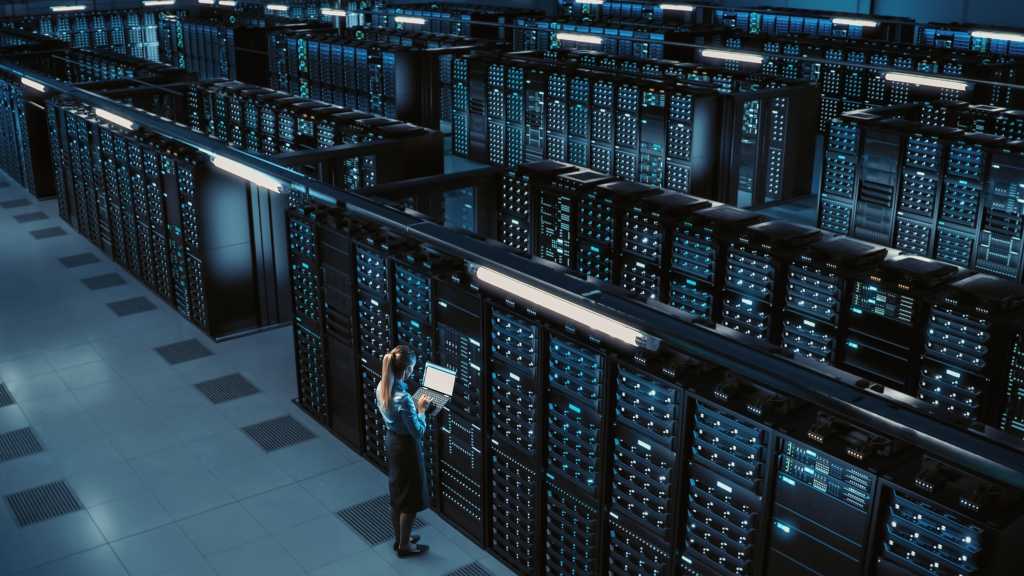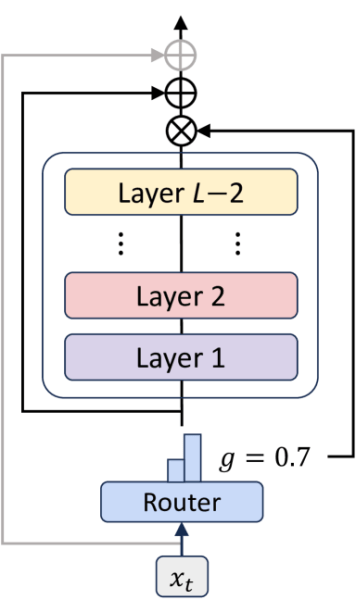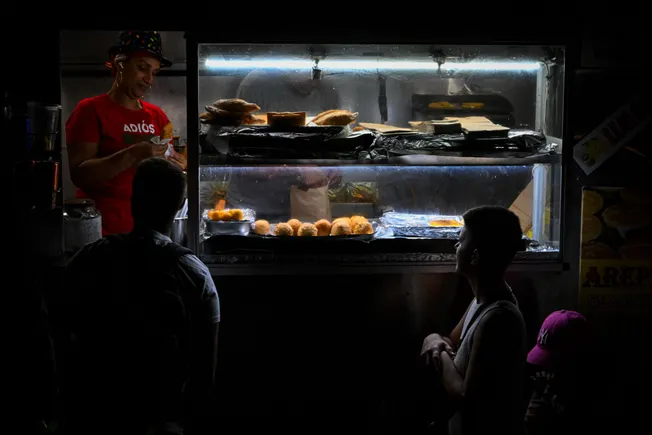
Nearly every night for the past two weeks, Puerto Rico’s grid operator has called on tens of thousands of batteries scattered across the island to overcome energy shortfalls and help deliver power to approximately 3 million residents — and it’s working.
What started as a modest pilot program in 2023 has grown into the first operational behind-the-meter virtual power plant in Latin America and the Caribbean, and a crucial support for the territory’s dilapidated energy infrastructure, said Javier Rúa-Jovet, chief policy officer of the Solar and Energy Storage Association of Puerto Rico.
“It’s grown … in the blink of an eye,” he said. “It’s something to be proud of.”
In May, Puerto Rico’s Energy Bureau, which regulates utilities, approved an emergency expansion of the “customer battery energy sharing” program in anticipation of a projected generation shortfall during the warmer months.
Since then, LUMA Energy, the grid operator, celebrated what it called a “major energy milestone.”
“[L]ast night we successfully dispatched approximately 70,000 batteries, contributing around 48 MW of energy to the grid,” the company said in a July 9 statement posted on X.
“This collaboration helped address a generation shortfall of nearly 50 MW, assisting in preventing multiple load shedding events and keeping the lights on longer in many communities across the island,” it said.
Before Hurricanes Irma and Maria devastated Puerto Rico in 2017, the island had a modest solar industry, driven largely by the desire to save money on power bills through net metering, and “storage was not a thing,” Rúa-Jovet said.
What followed the deadly storms was the longest blackout in American history.
“That kind of shifted, in people’s minds, the thinking on energy and the value of resiliency, and the importance of just basic energy,” Rúa-Jovet said.
The Puerto Rico Energy Public Policy Act of 2019 codified the role of solar and storage in the island’s energy system and set a 100% renewable energy target by 2050, with interim targets on the way.
Today, Rúa-Jovet said there are about 175,000 households with solar, and at least 160,000 of those also have storage. Companies are installing thousands of systems a month. There is also a growing market for batteries that charge from the grid without panels, he said, but the organization doesn’t have data on that.
The growth of solar and storage has been made possible in part by financing and lease options offered by companies like Sunnova and Sunrun, which allow many customers to pay a monthly bill that is commensurate with what they were paying the utility, he said.
Sunrun said in a statement that it has begun dispatching more than 37,000 home batteries to support Puerto Rico’s grid, and that its dispatchable power capacity has increased more than tenfold since last summer. It said customers will earn a minimum of approximately $200 per battery for participating in the distributed power plant. They can choose to earn more by adjusting their battery settings to send more energy onto the grid, or they can earn less and keep more energy for personal backup, it added.
“This is the clearest case, at a large scale, of residential solar and batteries keeping an electricity grid energized for everyone on the grid,” said Chris Rauscher, head of grid services and virtual power plants at Sunrun, in an interview. “This is not happening anywhere else in the world right now, and so Puerto Rico is really very much at the forefront of energy innovation.”
Even Puerto Rico’s Republican governor, Jenniffer González Colón, who alarmed some clean energy advocates with her early support for gas generation, appears to be shifting.
She recently came out in defense of keeping in place the island’s existing net-metering system, which advocates say is crucial for expanding solar and storage. Her position put her at odds with leaders at the Puerto Rico Electric Power Authority, who are seeking to add a fixed charge to net metering program participants.
“Net metering is nothing more than an incentive for people to use — in this case — solar panels to help the system at times when they are not consuming from the grid but are instead producing their own energy,” the governor said. “I am on the record opposing charging someone just for connecting.”
The governor is also embroiled in a public fight with the parent company of the island’s LNG supplier over what she described as “hostile” tactics, including withholding supply over a payment dispute. The company, New Fortress Energy, says Puerto Rico owes more than $10 million in unpaid invoices and interest, the San Juan Daily Star reported.
Rúa-Jovet said blackouts have become so routine that solar and storage are now a necessity in Puerto Rico and demand is unlikely to be slowed by changes in federal policy — some of which were enacted through the tax code, which has limited impact on the territory.
“The only thing that is working consistently in Puerto Rico is solar and batteries,” he said.






